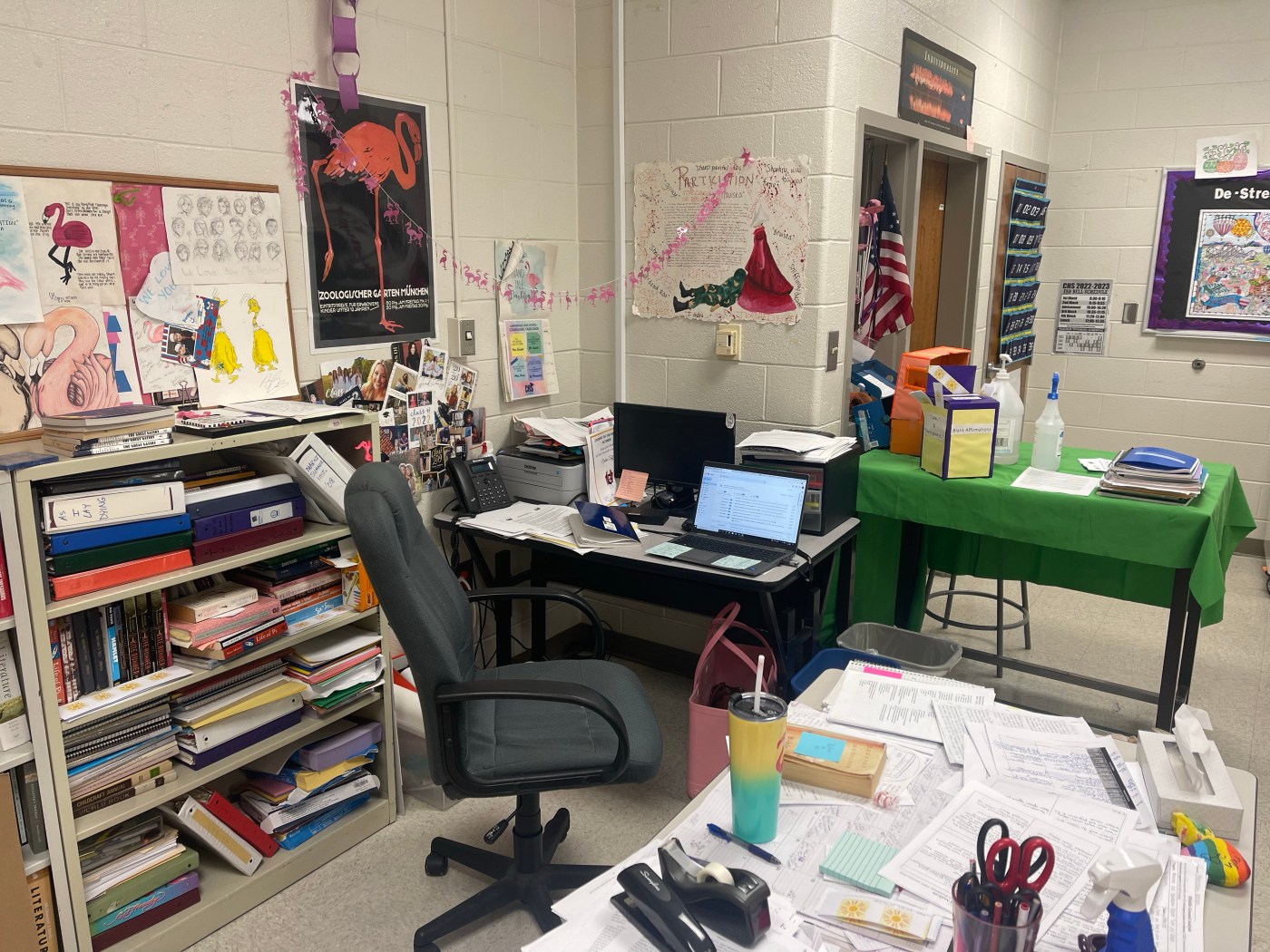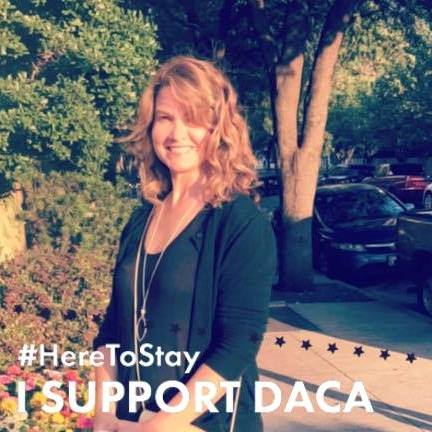I woke up yesterday and prayed for a good day as I got in my van to head to school. At our moment of silence I prayed for us all to have a safe day. I have the same requests every day.
In the end, I guess it was a good day. We were all safe.
Still.
When will we stop getting these calls — real and otherwise — that send schools into lockdown?
I don’t know that my body can take it anymore. My heart either. This might’ve been my fourth or fifth. (We average one a year lately). This was the scariest by far.
At the end of it all, I thought I was fine.
I handled the code red calmly. My kids did too. We sheltered in our two available safe corners in the classroom and prayed and texted our families. As a teacher, the responsibility was intense. To keep them quiet. To keep them safe. To get them all home to their families. All 24. Crammed and vulnerable. The picture above shows the two corners we have to work with and the door right there where the threat could lie…
I terrified my daughters. They were crying on the other end of my texts (one in a Panda Express checkout line and one in a hospital clinic with her fellow attendings) because I was texting them and then I wasn’t. Because the signals jammed. I’m sure there were 1500+ kids and 80+ teachers all reaching out to loved ones because these might be our last words to them.
But my texts weren’t going. I could see the line at the top of my phone showing them trying to fly off into the Ethernet. I wondered if there were people’s souls out there trying to do the same — students, teachers, admin… Because there were so many sirens. Police cars and ambulances. So many.
Were there students bleeding and worse in the other classrooms?
And teachers too?
I worried about my administrators up front — seemingly the first line of defense.
And then we were good.
Or okay, at least… or at least of sound body. But my mind… It was traumatized. I just didn’t know how badly. Until last night… but still couldn’t crash from my mom and coach’s wife responsibilities.
I had football players to feed and dress rehearsals to drive a son to and home chores to handle.
But after all was done, I hit a wall. My body gave out and my mind toppled. Rage and frustration and tears and feeling like I was overreacting and then feeling like nobody else was reacting enough.
And I don’t mean law enforcement or administration or my students— they did exactly what was demanded of them. They were amazing.
No, I mean society. I mean America. We keep seeing the same stories — the horror-filled variations — but nothing changes.
I told you yesterday what one of my students said about not living in a perfect world. But what I didn’t say was that he said, “In a perfect world, we wouldn’t need guns, but we don’t live in a perfect world. We live in America.”
Everything is different here. We have freedoms here. And that’s all well and good. But we also have bad people with guns who threaten innocent children and something’s gotta give. And it doesn’t need to be more student and teachers lives.
There are no easy answers. Everything is so hard.
But if we teachers and students can do hard things like getting up today and going to school after a hard day like yesterday (and like so many far, far harder yesterdays) this country can do hard things too.
Like come up with some solutions to fix this.




